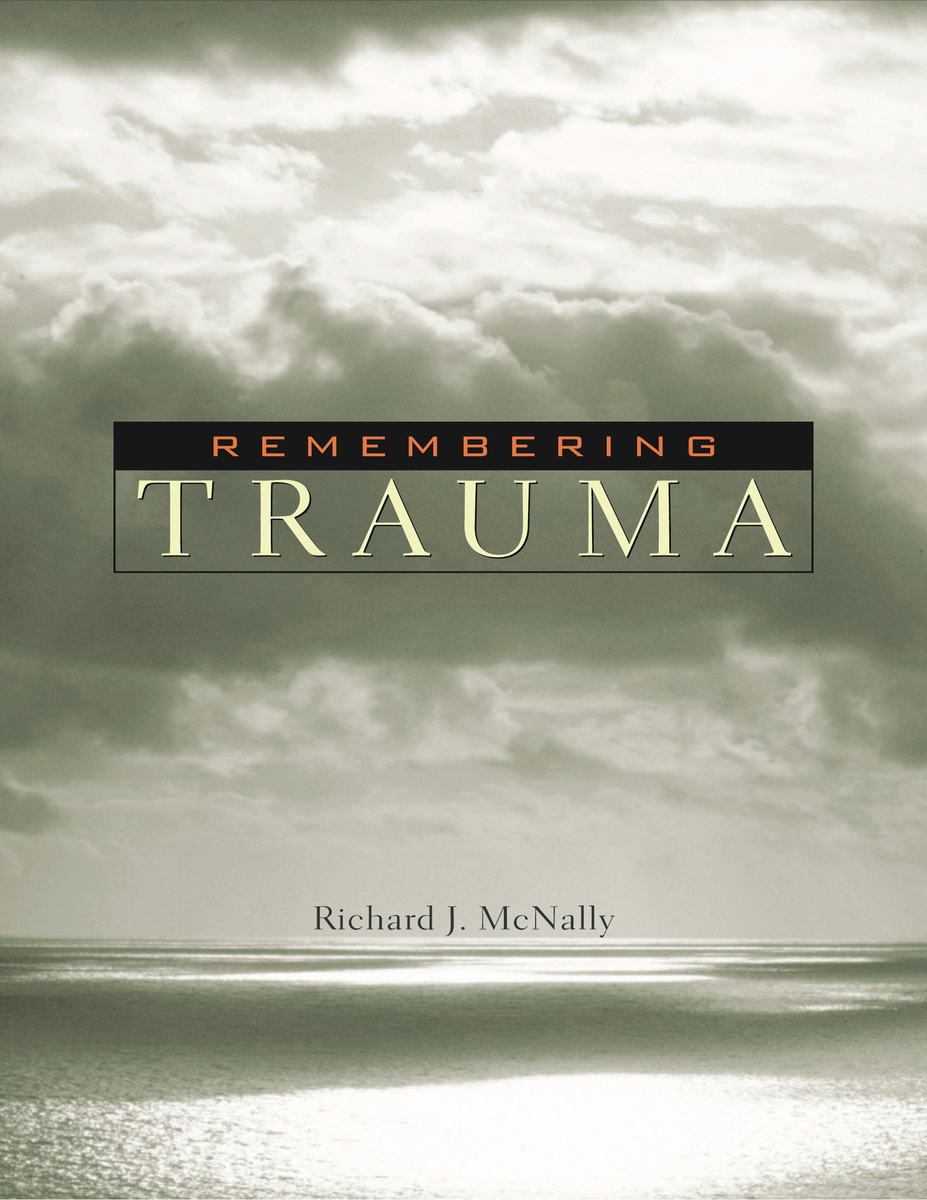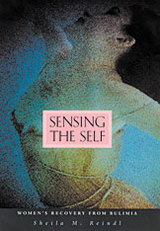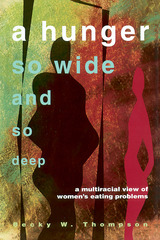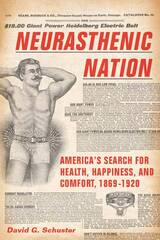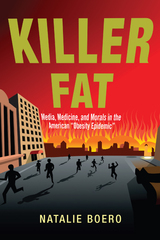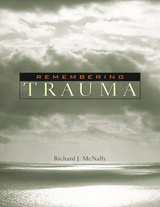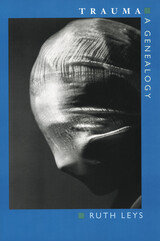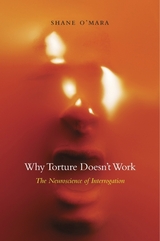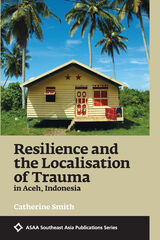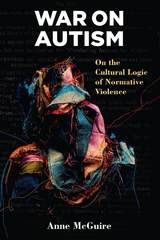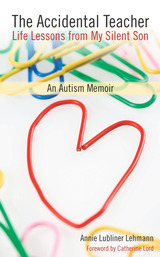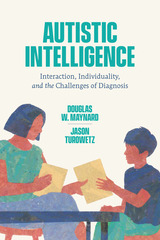Here we have the most comprehensive and sober treatment yet undertaken of this sensitive and provocative topic. From the clinic to the laboratory, from psychotherapy to cognitive science, McNally considers the broad and often discordant literature about how people remember and forget traumatic experiences. The result is a masterly review of the evidence that will be an essential resource for mental health professionals, social workers, lawyers, and scientists interested in the psychological effects of trauma.
-- Larry R. Squire, University of California School of Medicine, San Diego
Richard McNally has given us an incisive, lucid and remarkably comprehensive review and analysis of the conditions that produce lasting memories of traumatic experiences. It is a benchmark book that should be read by anyone who is interested in the consequences of emotional trauma.
-- James L. McGaugh, University of California, Irvine
A stimulating, erudite, wry, dispassionate overview of an impassioned battleground. No better analysis exists.
-- Donald F. Klein, Columbia University
What happens to the mind after severe trauma? Can memories of terrible experiences be repressed only to be recovered at a later date? Richard McNally draws on his encyclopedic knowledge of evidence from cognitive, behavioral, and neuroscience to answer these troubling questions, among the most difficult ever faced by psychologists, psychotherapists, and families. Anyone who wants to go behind the headlines and polemics about repressed memories will be enthralled by this book.
-- David H. Barlow, Boston University
Richard McNally calls this theory of amnesia "psychiatric folklore." As a therapist and a professor of psychology at Harvard, he has spent years studying the effects of trauma on people's mental processes--including memory. He is on top of the research and has done some of it himself. The investigational literature is vast, and Remembering Trauma covers virtually all of it...Elegant and impassioned. [This book] makes a supposedly complex topic simple. Or at least simple enough to make readers wonder about the ready acceptance of a notion that goes against common sense and experience.
-- Debbie Nathan Washington Post
McNally...is both a clinician who studies anxiety disorders and one of the leading scientific investigators in the field of trauma and memory. Remembering Trauma is an exhaustive review of the scientific research and clinical evidence pertaining to trauma and memory, including what is known about dreams and nightmares, flashbacks, repression, dissociation, amnesia, and post-traumatic stress disorder.
-- Carol Tavris Times Literary Supplement
There are those occasional books that restore faith in reason, whose authors have the courage to take on the professional and scientific ideologies of the age. Remembering Trauma, by Richard McNally, is such a book...I recommend this book to all those working in the field of memory and trauma and to lay readers with an interest in the intriguing field of psychological amnesia. McNally has set a standard for application of experimental and observational data to notions and hypotheses about memory and trauma. The book informs the current public and professional debates, clarifies battling ideologies, and avoids the 'political correctness' that has been so damaging to scientific inquiry. The reader, whether lay or professional, will emerge more knowledgeable and more skeptical of many scientific and clinical assertions about memory and particularly amnesia.
-- Glenn Craig Davis Journal of the American Medical Association
[McNally] addresses all of the relevant data, including those studies heralded as definitive by proponents of repressed memory. Meticulously analyzing the morass of findings, he makes sense of the rampant contradictions...McNally's synthesis of research from clinical psychology, cognitive neuroscience, and developmental psychology provides the most comprehensive and even-handed work on this important topic.
-- Stephen J. Ceci Science
Every now and then a book appears that can be instantly recognized as essential for its field--a work that must become standard reading if that field is to be purged of needless confusion and fortified against future errors of the same general kind. Such a book is Remembering Trauma, by the Harvard psychology professor Richard J. McNally.
-- Frederick Crews New York Review of Books
'How victims remember trauma is the most divisive issue facing psychology today,' according to Richard J. McNally, professor of psychology at Harvard University, in his informative and engrossing new book Remembering Trauma...I highly recommend [this book] to anyone curious about human memory and its vicissitudes.
-- Richard Restak Washington Times
The mechanisms by which therapists, police interrogators and others can lead people to believe that they remember events that did not occur are carefully described by McNally...Anyone interested in understanding how trauma is remembered must read this book. And anyone who has been poisoned by 'recovered memories,' as victim or accused, will find it a powerful antidote.
-- David Canter New Scientist
Remembering Trauma is a powerful counterweight to a literature that has often ranged from sloppy to ill-informed to overwrought, and to a field that is too often susceptible to the promptings of politics and culture. McNally has produced a work of exemplary scholarship that should begin to free our conceptions of trauma from the grip of many contemporary illusions. If it accomplishes this, it will be a grand achievement far beyond its field.
-- Sally Satel New Republic
The importance of Richard J. McNally's new book Remembering Trauma lies not just in the superb and definitive survey McNally makes of the history of repressed memories, but also in what the book stands for: Remembering Trauma is the monument built to mark the end of the memory wars...[It] is more than the final nail in the coffin of the repressed-memory craze. It is the blueprint for how psychiatry can best progress in the years to come.
-- Paul R. McHugh Weekly Standard
McNally summarizes the science of trauma and memory and considers whether therapists can implant 'false memory.' McNally suggests that U.S. culture's position concerning all forms of abuse is characterized by hysteria, and he points out that data reveal that traumatic information is memorable and that most people remember it well. Though an individual may be unwilling to reveal a traumatic event, he argues, that should not be mistaken for repressed memory...Clinical psychologists should read McNally's book for its data summaries and discussions of applied problems, including forensics. This book is a must for therapists working with trauma victims, and it will be a valuable resource for therapists who wish to avoid unethically or naively 'implanting' false memory in their clients.
-- S. K. Hall Choice
We are fortunate that Richard McNally has produced a fine, thorough survey of what has been learned on this subject in recent years...Remembering Trauma is an indispensable work for anyone interested in Freudian theory, current therapeutic methods, and the recent history of psychology generally. It is also useful for those interested in the epistemology of memory (and its application to critical thinking), as well as issues in the philosophy of psychology. I have seldom read as clear an exposition of a complex scientific topic, all the more remarkable because it is written by a highly respected, active researcher in the field. McNally has done us all a great service.
-- Gary Jason Philosophia
In the remarkably dispassionate and thorough Remembering Trauma, Harvard scientist and clinical psychologist Richard J. McNally looks closely at the issue of traumatic memory--its history and its application in psychiatric explanations and therapy. The book systematically lays out all the claims about repressed memories and their role in mental disorders. And then McNally just as systematically demolishes every one of the claims...This book effectively ended a disgraceful therapeutic craze.
-- Paul McHugh Wall Street Journal
